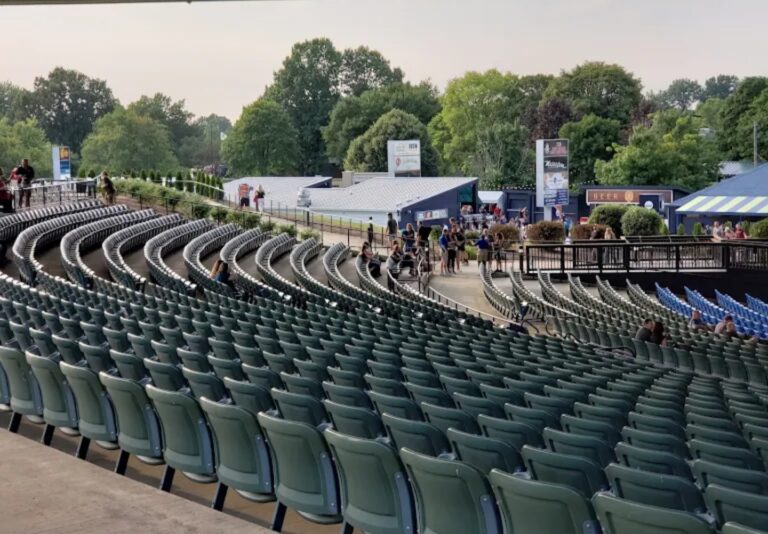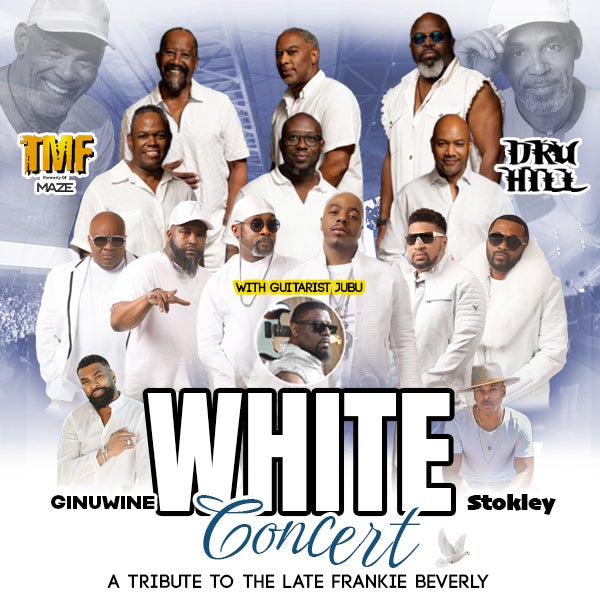Features
Description
The **Michigan Lottery Amphitheatre at Freedom Hill**, nestled in Sterling Heights, Michigan, is a premier open-air music venue and longstanding favorite in Macomb County’s concert scene. Originally opened as the Freedom Hill Amphitheatre on July 24, 1991, it debuted with iconic acts like The Four Tops and the Beach Boys, setting the tone for decades of star-studded performances ([freedomhillamphitheater.com][1]).
Spanning a lush hilltop in what was once Freedom Hill County Park, the amphitheatre was designed for immersive live events. In 2016, it underwent extensive renovations after being rebranded the Michigan Lottery Amphitheatre. These upgrades—backed by a \$6 million investment—expanded capacity, modernized infrastructure, and enhanced audience comfort with VIP boxes, luxury club lounges, and state-of-the-art audiovisual systems .
Today, the venue offers a total capacity of approximately **7,200 guests**, including **4,200 covered pavilion seats** and **3,000 general admission lawn spots** ([freedomhillamphitheater.com][2]). Seating options range from dedicated reserved pavilion areas with excellent sightlines, to spacious lawn seating where fans can relax with blankets or beach chairs (subject to size restrictions), as well as VIP “Party Box” packages and accessible seating throughout ([pearlysmiledentalstudio.com][3]).
As a venue managed by **313 Presents**, it is part of a network that includes Detroit-area institutions like Pine Knob Music Theatre and the Fox Theatre. Known for its superb acoustics, wide seats, and excellent service standards, the amphitheatre consistently features in local concertgoers’ favorites ([Wikipedia][4]). It operates on a **Rain or Shine** basis (unless extreme weather causes cancellation), making every booked date a go unless officially postponed ([313 Presents][5]).
Since renovations, the amphitheatre has hosted a diverse array of major acts—ranging from country and rock stars to hip‑hop and electronic performers—with about **30 event days per season**, typically from May through October . It has also welcomed multi‑day festivals like Mo Pop in its earlier incarnations and annually serves as the stage for the

